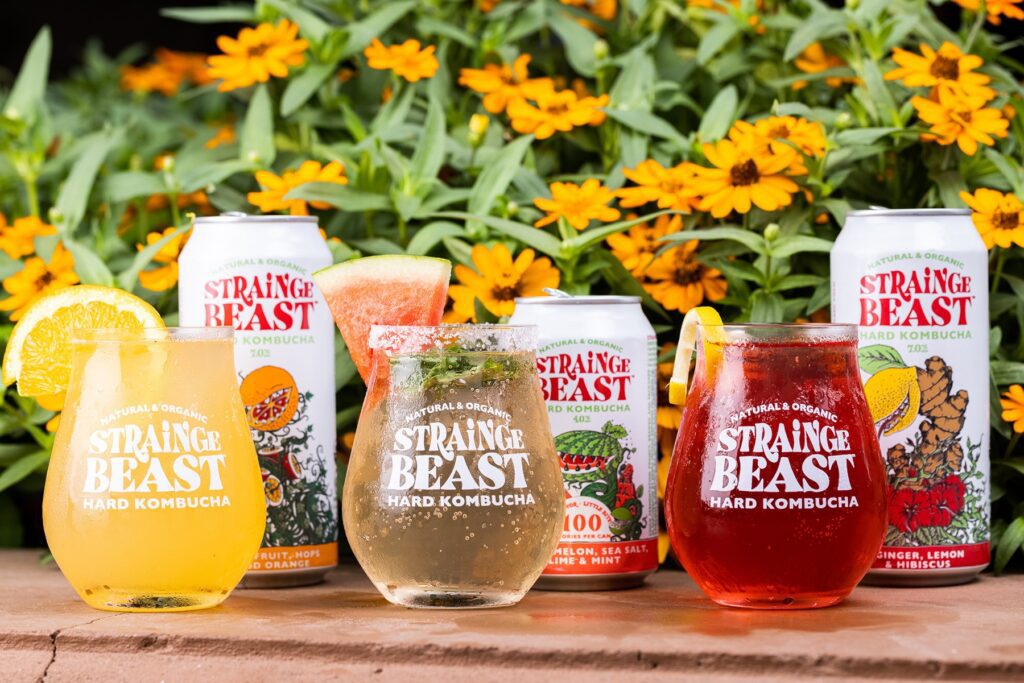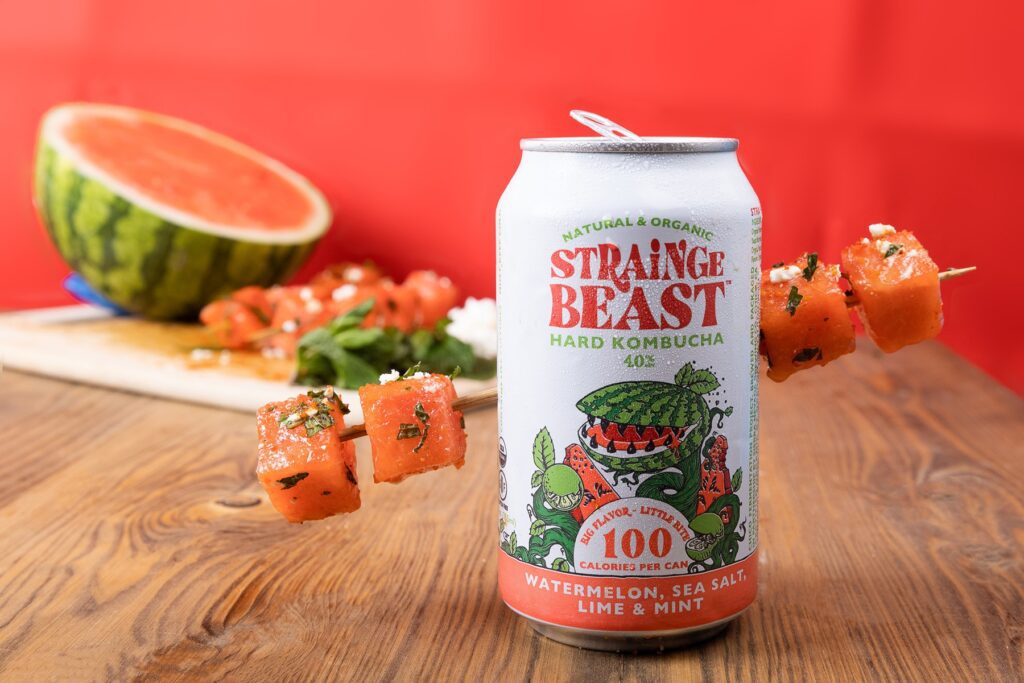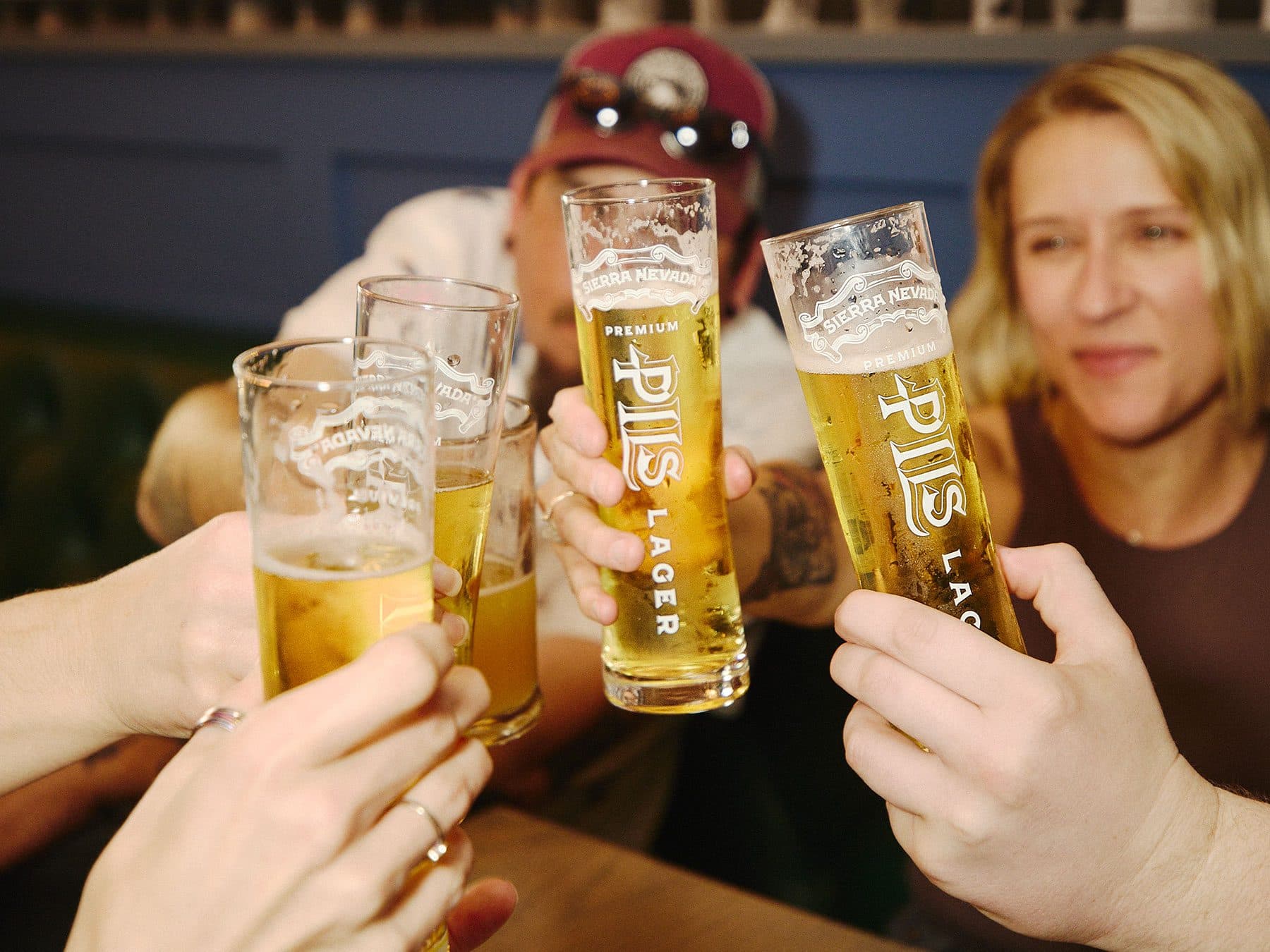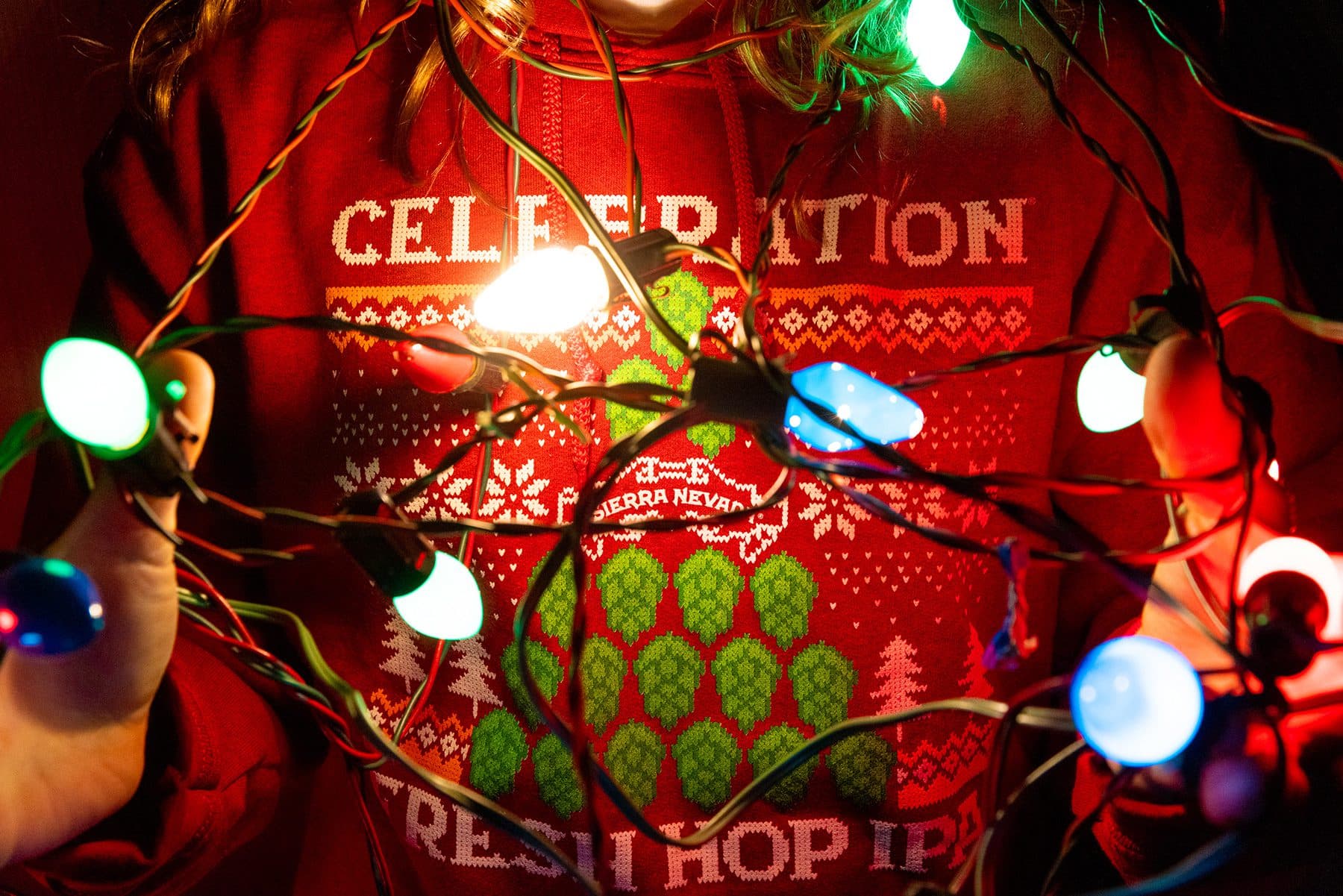How Does Hard Kombucha Compare To Hard Seltzer?
Craft brewers and other beverage makers are churning out tons of clever libations. Whether it’s a new interpretation (like hybrid beer styles), a modern creation (hard seltzer), or reviving a “tea of immortality” (long live hard kombucha), you have a mega-wall of choices at the corner store.
And it doesn’t matter if you’re on the hunt for high ABV or low calories, the booze landscape has something to match whatever stats you’re watching, diet you’re following, or just the flavor you’re craving. Hard kombucha should definitely be on your shortlist, giving you a thoughtful seltzer alternative — or just a tasty addition to your fridge mix.
How Hard Kombucha Is Made
While fermentation is at the heart of any alcoholic drink, different kinds start with different ingredients. For hard kombucha, tea leaves steep in water to launch the whole process.
But this isn’t some mellow cup of chamomile. We add a mixture of bacteria and yeast, which turns that tea water into a bubbly, refreshing drink — regular kombucha at this point, where alcohol hardly registers (we’re talking 0.2%–0.5%).
Strainge Beast hard kombucha emerges after a second round of fermentation, when additional sugar and fresh yeast create natural byproducts of alcohol and carbon dioxide. The cherry on top could be a literal cherry, as we’re all about infusing tasty combos of 100% organic fruits and herbs for a mouthwatering lineup of flavors, all of which are gluten free and vegan friendly.

How Hard Seltzer Is Made
Hard seltzer is pretty simple, with a foundation of plain water made fizzy with carbon dioxide. (Odds are you’ve sipped a non-alc version with a splash of fruit flavor.) As for its alcohol, we’re back to fermentation; yeast needs a sugar source, and hard seltzer often uses pure cane sugar. And like hard kombucha, hard seltzer may feature fruits and other finishing ingredients to create distinct flavors.
Hard Kombucha Vs. Hard Seltzer
Hold these two drinks side-by-side, though, and the comparisons can vary. Hard seltzer trends low in calories, which you can find in hard kombucha like our 100-calorie Watermelon, Sea Salt, Lime & Mint (4% ABV). That calorie count jumps with flavors like Ginger, Lemon & Hibiscus because of its higher alcohol level (7% ABV) and generous fruit additions. You won’t see many hard seltzers climbing above 5% ABV.
And hard kombucha, unlike seltzer, contains natural caffeine. Tea starts it all, remember? The caffeine in one 12-ounce can of Strainge Beast is on par with a standard cup of black tea.
Your refrigerator could be a deciding factor, too. Got room for hard kombucha? It’s best to keep Strainge Beast cold whenever possible, lest you wake that kombucha culture from its slumber. But the fridge isn’t always possible, we get it, so we have storage guidelines if room temp is your reality.

What Is Hard Kombucha Classified As?
Let’s keep it simple: hard kombucha is an alcoholic fermented tea drink. By law, though, hard kombucha is classified as “beer,” but hold that loosely. Is it really a beer? Or is hard kombucha a seltzer? They each have key differences, starting with core ingredients. Kombucha relies on tea, and beer is typically made with malted grains. The basis of seltzer, meanwhile, is only force-carbonated water. And then the fermentation process in hard kombucha is key to its flavor, while fermentation in hard seltzer is purely a means of alcohol creation.
Is Hard Kombucha Better Than Hard Seltzer?
Deciding between hard kombucha and hard seltzer also comes down to taste. Hard seltzer is light and airy, an easy sipper without any fuss. Hard kombucha has more raw ingredients and more complex fermentation, so expect a superior depth of flavor. You’ll get bright and bubbly both ways, but choose hard kombucha as a seltzer alternative and your senses just might enter another dimension.
In Kombucha Conclusion…
Hard kombucha can definitely share characteristics with hard seltzer. Guided by stats like calories and ABV, you’ll find options across them all. But their differing ingredients and brewing processes mean unique flavors. So listen to the whispers of your taste buds, and feed their curiosity. After all, you’ve only got one tongue — do nice things for it.




